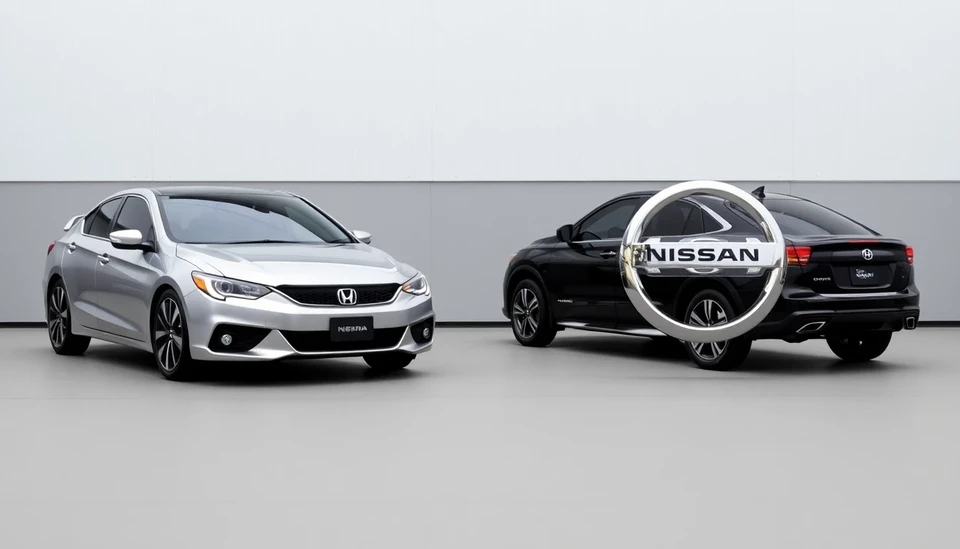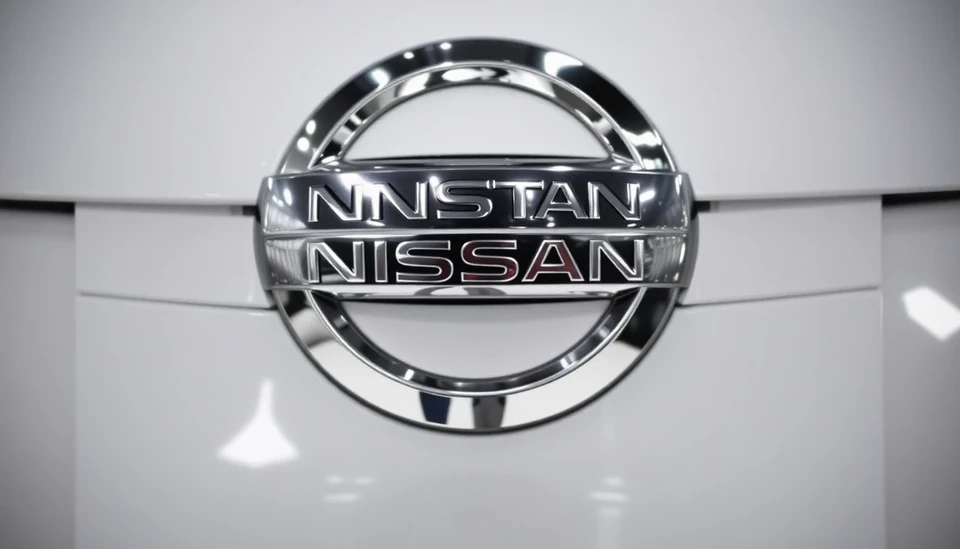
In a significant blow to the Japanese automotive sector, shares of major car manufacturers have seen a sharp decline following the announcement of proposed auto tariffs by former President Donald Trump. This decision has sent shockwaves through the industry, raising concerns about the profitability and operational strategies of these global car makers.
Investors reacted swiftly to the news, with shares of leading companies like Toyota and Honda experiencing notable declines. The proposed tariffs, set at 25% on imported vehicles and parts, are poised to particularly impact Japan's car manufacturers, who rely heavily on exports to the United States. As the world’s third-largest economy, Japan has positioned its automotive production primarily for export, making it vulnerable to trade policy changes like these.
Experts suggest that the ramifications of these tariffs could lead to increased retail prices for vehicles in the U.S., potentially reducing consumer demand and ultimately hurting sales. Analysts believe that should these tariffs be implemented, Japanese automakers may be forced to reevaluate their production strategies, which could include shifting more manufacturing to U.S. soil to sidestep tariffs and maintain market share.
In response to the market turmoil, executives from the affected automakers have voiced their concerns and emphasized the potential adverse effects on jobs and the broader economy. They argue that such tariffs could lead to decreased competitiveness for American consumers, who might face fewer choices and higher costs for vehicles as a result of limited imports.
The ripple effects of these tariffs extend beyond the immediate automotive sector. Industry analysts caution that this could set a worrying precedent for international trade relations and provoke retaliatory measures from other countries, further destabilizing global markets. The Biden administration is currently evaluating the implications of these tariffs and how best to address issues related to trade imbalances while encouraging domestic manufacturing.
As the situation develops, stakeholders in both Japan and the United States are anxiously awaiting the official stance from the current administration. For now, the Japanese auto industry is left grappling with uncertainty, as the specter of tariffs looms large over its future operations and growth ambitions.
In conclusion, the proposed auto tariffs represent a potentially transformative moment for Japanese automakers, one that could reshape their operational models and market strategies significantly, depending on regulatory outcomes in the U.S.
#JapanAutomakers #AutoTariffs #DonaldTrump #Toyota #Honda #GlobalTrade #Economy #USJapanRelations #CarIndustry
Author: Laura Mitchell


